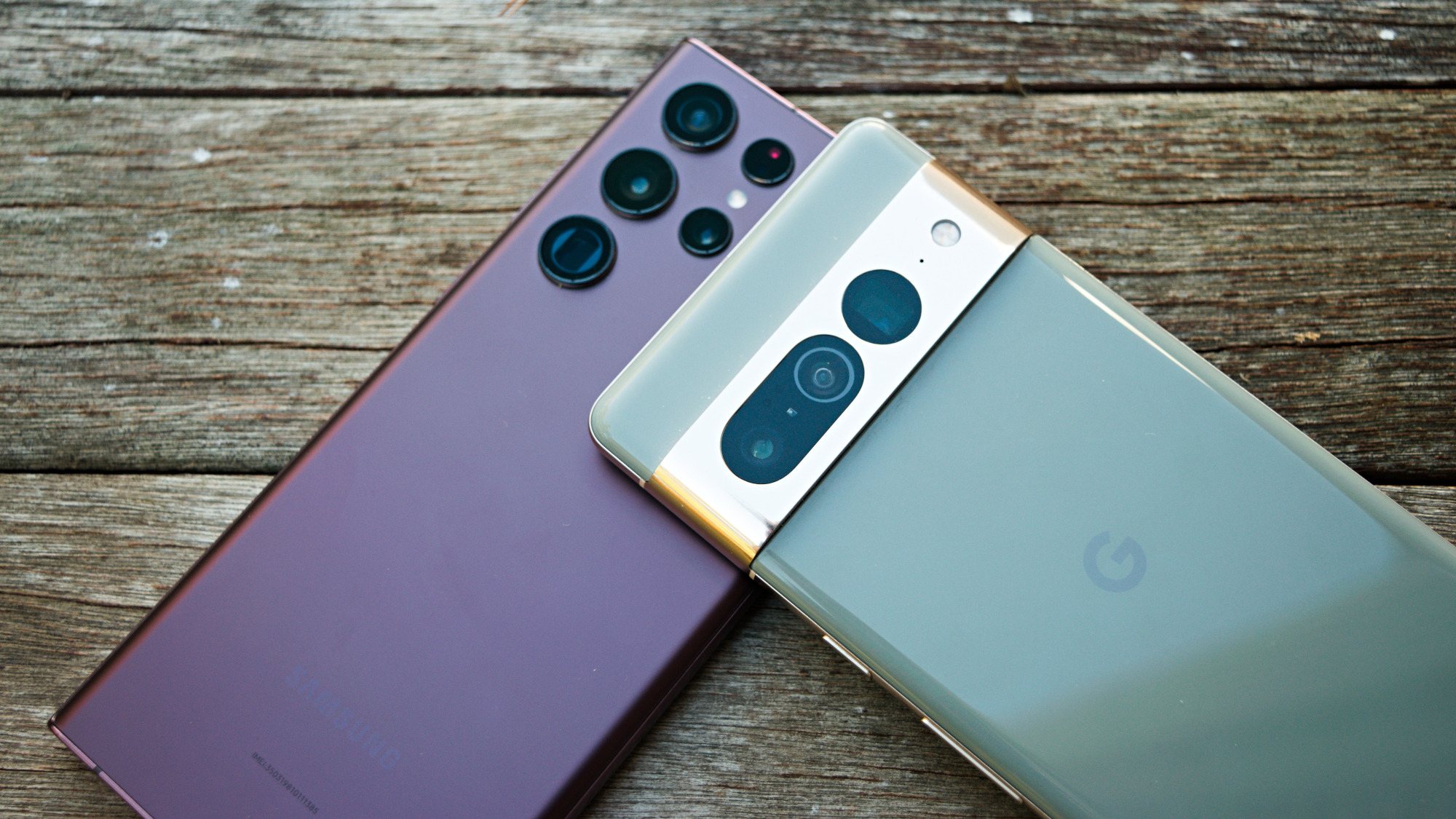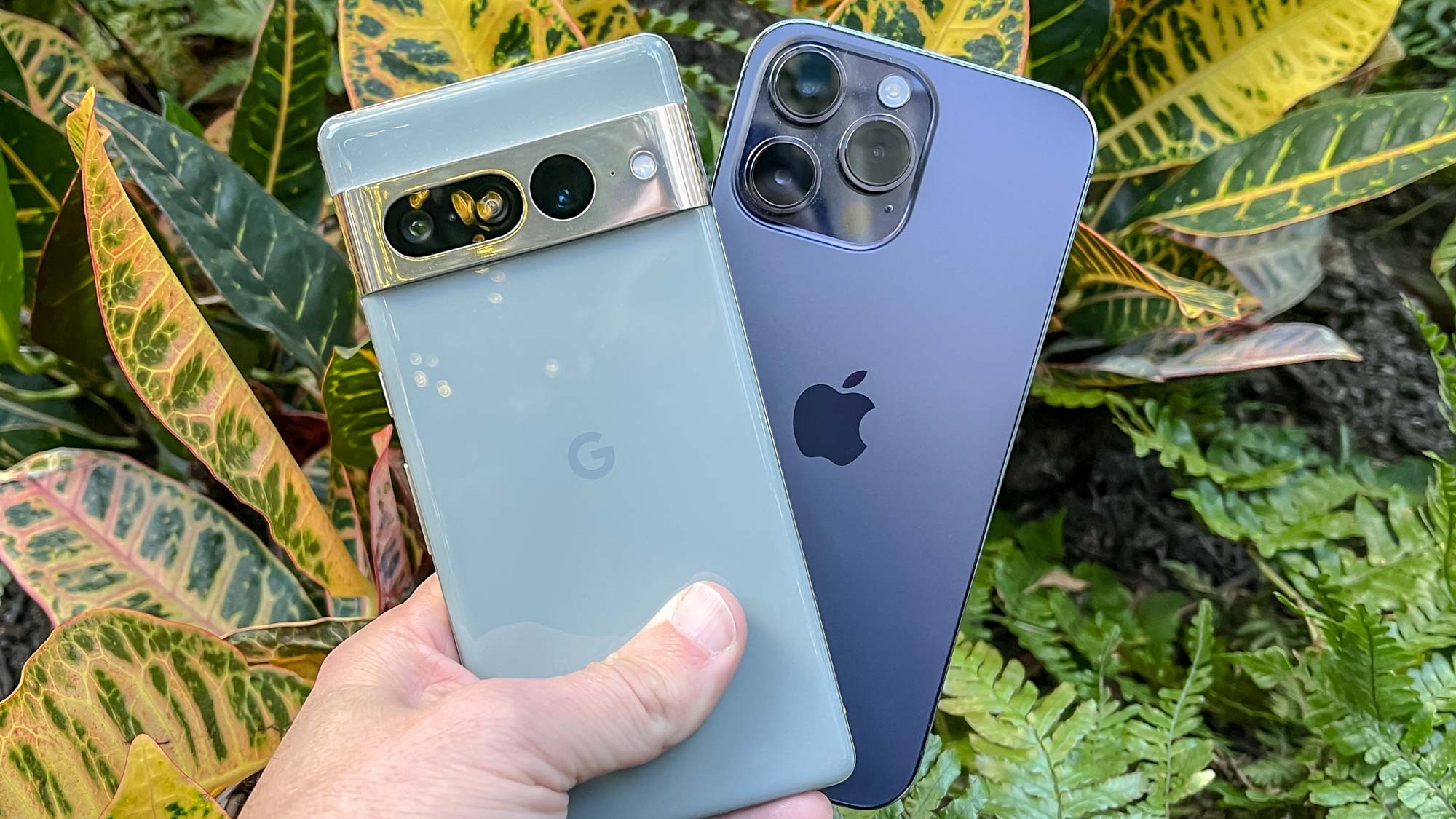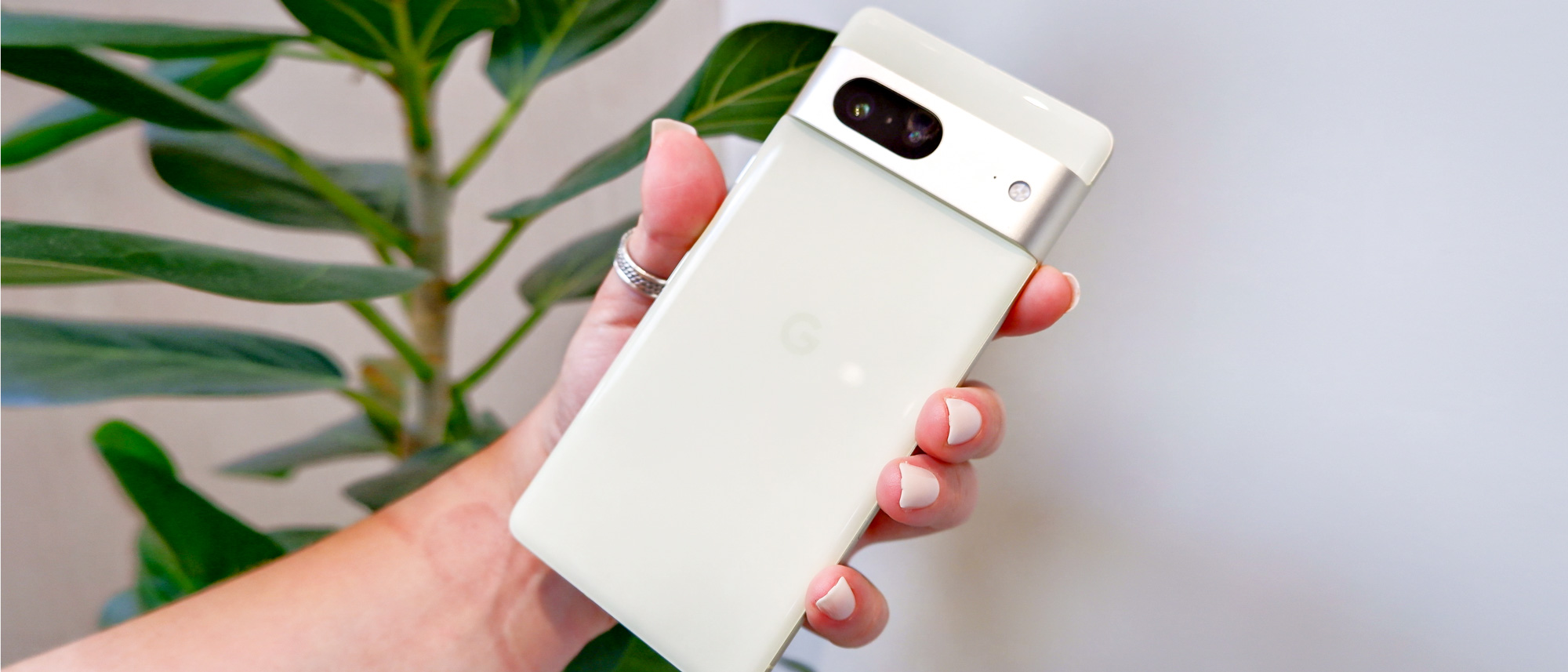Google Pixel phones need to catch up to Samsung and OnePlus
Pixels need a minimum of four years of Android updates

Here at Tom’s Guide our expert editors are committed to bringing you the best news, reviews and guides to help you stay informed and ahead of the curve!
You are now subscribed
Your newsletter sign-up was successful
Want to add more newsletters?

Daily (Mon-Sun)
Tom's Guide Daily
Sign up to get the latest updates on all of your favorite content! From cutting-edge tech news and the hottest streaming buzz to unbeatable deals on the best products and in-depth reviews, we’ve got you covered.

Weekly on Thursday
Tom's AI Guide
Be AI savvy with your weekly newsletter summing up all the biggest AI news you need to know. Plus, analysis from our AI editor and tips on how to use the latest AI tools!

Weekly on Friday
Tom's iGuide
Unlock the vast world of Apple news straight to your inbox. With coverage on everything from exciting product launches to essential software updates, this is your go-to source for the latest updates on all the best Apple content.

Weekly on Monday
Tom's Streaming Guide
Our weekly newsletter is expertly crafted to immerse you in the world of streaming. Stay updated on the latest releases and our top recommendations across your favorite streaming platforms.
Join the club
Get full access to premium articles, exclusive features and a growing list of member rewards.
I love Pixel phones — regularly considering them among the best Android phones — even with their yearly issues. Part of that comes down to the software. Google, which makes Android, has created a suite of useful features and additions to the base system that make handsets like the Pixel 7 Pro and Pixel 6a true devices of utility.
But as much as I like Pixels and their software, Google is lacking in one key area, and it's one that makes no sense to me. The company only promises three years of Android updates, even though it writes the code for the OS and controls the hardware from the Pixel 6 onward.
I find that unacceptable given Samsung's update policy. And even OnePlus has joined in, also offering four years of platform updates. Google should be leading the pack, not trailing its competitors.
Pixels should be Android's iPhone equivalent
The Pixel devices, and the Nexus ones before them, have long presented the promise of an Android equivalent to the iPhone. They get updates as soon as Google releases them (in most cases) and they have the core functionality that Google thinks is best for the OS.

But that promise has not fully realized itself yet. One area where Apple absolutely dominates its Android competition is in how long it supports its iPhones. Those handsets can go for years, five or more, even if they can't use all of the latest software features. (The iPhone 7, released in 2016, made it to iOS 15 before hitting end-of-life.)
Pixels, comparatively, go for three years of Android updates. So the Pixel 4 and Pixel 4 XL, released not all that long ago in 2019, will no longer get updates after Android 13. The iPhone 11, launched in the same year, just got iOS 16 and it'll likely see iOS 17 and beyond.
Now that Google uses its own Tensor chipset in Pixels, I see no excuse while the Pixel 6 and newer can't get five years of platform updates. Or even longer than that!
Get instant access to breaking news, the hottest reviews, great deals and helpful tips.
With inflation rapidly rising and people having less disposable income, it would make sense to ensure that your devices go longer for good will and brand loyalty. I've seen and heard several people express both of those for Samsung since it announced its new update policy.
Lagging behind Samsung and even OnePlus
Which brings us back to the Android sphere. In February, Samsung announced that it would offer four years of platform updates and five years of security patches for its portfolio, even including the more budget-friendly Galaxy A series. In this space, that was unprecedented, making Samsung devices some of the best values as far as support.
OnePlus just followed suit a few days ago, promising the same four-year/five-year commitment for "select" phones going forward. (You can read my thoughts on that shifty policy if you'd like.) OnePlus, which hasn't been great about updates for a long time, is now outmatching Google for long-term support.
At this rate, Motorola will catch up, and that would be just embarrassing.
Google has remained mysteriously silent since Samsung's announcement, ignoring it outright when it announced the Pixel 7 series. In fact, the company only highlighted five years of security patches, not how many years of Android updates. It immediately made me suspicious, and the news that came out afterward proved me right.
There has to be an answer coming. At this rate, Motorola will catch up, and that would be just embarrassing.
Pixel updates outlook
I find that Pixels are left in an awkward spot. Google may lead the Android pack on things like cameras and useful software features like Call Suite, but two of its biggest competitors in the U.S. and beyond outmatch it with their update policies.

Like I said, I love Pixels. The Pixel 7 Pro is easily one of my favorite phones of all time, even if I use an iPhone 14 Pro as a daily driver.
But when I had to tell my sister-in-law and her husband that their Pixel 4s would no longer receive Android updates, with just another year of security patches, I could see their disappointment. I told them their options were, if they wanted the most up-to-date device for the longest period of time, to flash GrapheneOS on their current phones or go with Samsung.
Google can — and should! — absolutely do better than this. Pixels should spearhead a new trail for Android update support. I want to see a four-year promise at minimum, but five years or more would really help Pixels stand out.
Will that ever happen? I don't know. The ball's in Google's court now. We'll see how they toss it.
Next: Google Pixel 7 is a great phone — so why aren't more people buying it?

Jordan is the Phones Editor for Tom's Guide, covering all things phone-related. He's written about phones for over six years and plans to continue for a long while to come. He loves nothing more than relaxing in his home with a book, game, or his latest personal writing project. Jordan likes finding new things to dive into, from books and games to new mechanical keyboard switches and fun keycap sets. Outside of work, you can find him poring over open-source software and his studies.
 Club Benefits
Club Benefits










